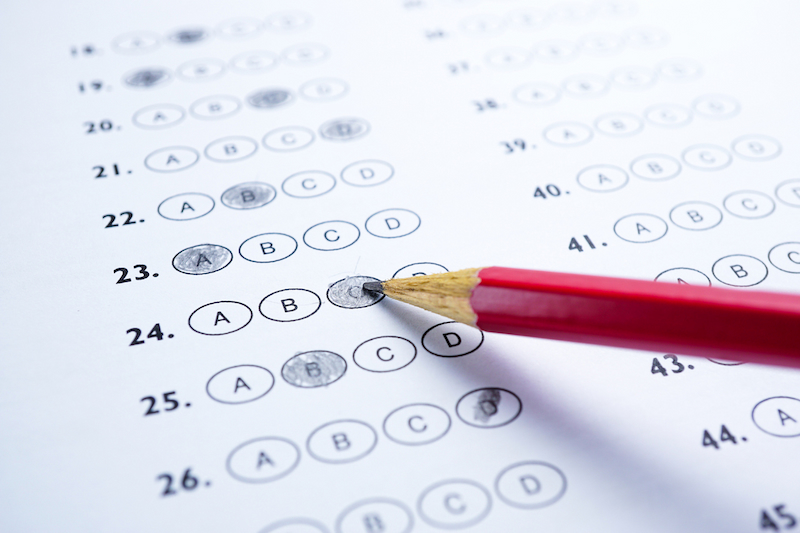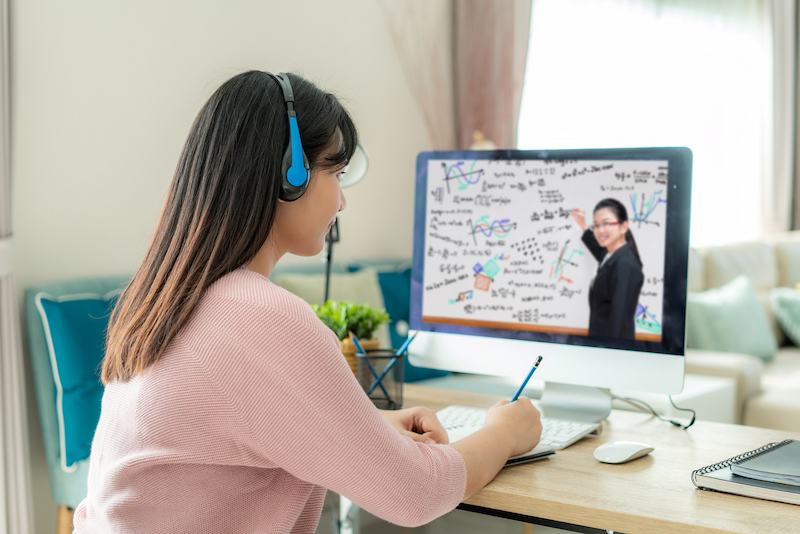It is never too early or late to prepare for GCSE years. Whether you are in year nine or year eleven, ensuring your revision techniques are benefitting your ability to take on board the information you need is essential.
GCSEs are incredibly important, creating the foundations for further education and determining your educational progress to university, college or apprenticeships. As GCSE tutors in Birmingham, we provide tuition to students wishing to guarantee good results come the end of year 11. However, if you are looking for the best revision techniques before starting your GCSEs or in preparation for your final year of secondary school, we want to provide you with the most effective advice for any upcoming revision.
Failing to Prepare is Preparing to Fail
Whether it is exams, coursework, or a practical observation you are revising for, avoiding the preparation stage could put you in a poor position to succeed and achieve the most effective revision.
Before settling into your revision session, ensure you have all the equipment, materials and stationery you will need. Not having the right equipment can encourage distractions and disrupt concentration whilst you find what you require. It is also good practice to ensure you have stationery reserves, such as pencils, pens, and notepads, in case you run out or something stops working.
Finding the Right Space
Not only do you need the correct equipment, but you will also need a suitable environment to revise. This will differ depending on the kind of student you are. If you prefer a quiet environment with no distractions, you may wish to consider utilising your school library or the public library. Alternatively, you could be a student who can block outside noises and surroundings, in which case, as long as you have the space to spread out, you could work from the dining room table.

Wherever you choose to study, you will benefit from creating a personal schedule and blocking out your revision times. This will help you be more productive with your time, equally splitting it amongst subjects. It will also assist in creating a routine in which you can plan around other possible commitments such as clubs, part-time jobs, or family events.
Flash Cards
Flash cards have been a successful revision method for many decades, and for a good reason too. Splitting your subjects into bite-sized amounts will help you absorb information. In addition, flash cards can be adapted for individual needs and used to revise on the go, thanks to their compact size.

Other benefits include ensuring your capabilities to provide concise information on a subject, which is essential for subjects like English, History and other essay-based exams. During essay-based papers, you are required to summarise events which you must explore in more detail from a subjective viewpoint. Practising your ability to provide relevant information in a few sentences will assist you in creating outstanding essays that will mark highly.
By using coloured cards, you can also categorise flash cards in a system that suits your needs. For example, use colours to signify vital points essential to your exams and other colours for bonus information. Alternatively, you could colour coordinate your subjects. The use of colour can help you visualise the card when you are sitting in your exams.
Another aid to help you remember individual cards are the use of stickers. Pick up some small stickers from any stationery shop, and when it comes to remembering the card, you will relate to the information more efficiently. For example, the red card with the smiley face could recount the events of 1348, whereas the heart sticker on the blue card could list the process of photosynthesis. However you coordinate them, they will make an essential addition to your revision techniques.
Mind Maps
Another golden age technique is the use of mind maps. This revision method allows you to break down individual topics into smaller, easier to digest facts and knowledge. Start with a topic in the centre of an A4 page (or A3 if there is a lot of information to cover), and from there, you can break it down into smaller subjects and expand on topics further. Whilst we have covered the topic of summarising, this strategy can thoroughly assist in doing this to individual words and phrases.

Once again, adding a colour system can help understand which topic is vital to an exam and which topics are additional bonus information. Considering that exams are time-limited, you may wish to ensure that all the essential points are easier to reference in your revision. As part of our KS3 tuition, we assist with creating the best revision methods for you individually, including assistance with mindmaps. If you struggle to work out how to make one that benefits your revision efficiently, feel free to enquire online for help or speak to a parent or guardian about joining one of our sessions.
Past Papers Can Be a Great Help

Many past papers are available online or through your school. Make sure you have an excellent selection to help you with revision. Whilst exams can change frequently, and the topics may differ, they offer an example of what to expect in your own exam or coursework. In addition, they provide an example of how you will be expected to layout information and the kind of topics you may be expected to cover if the curriculum has not changed.
Submitting a past paper for marking will also provide you with the current abilities of your performance and allow you to adjust your revision when you’ve identified where further work is needed. This could be the expected tone of voice of your writing, the vital marks from missed phrasing on the subjects or more detail required for a specific topic. Knowing where your knowledge and abilities lie gives you an advantage in what work is needed in your revision sessions.
Online Content to Help

Unlike 20 years ago, the internet is a great asset for online learning and revision. With thousands of websites dedicated to GCSE topics and knowledge, there is no reason why online studying can’t be a component of your studying. From online educational videos on YouTube to online tuition lessons, the internet hosts a wealth of opportunities to improve knowledge outside of the classroom.
However, whilst the internet can be a font of education, it also provides a platform for false information and must be used with caution. Always consult with your teachers or online tutors if you are unsure of the reliability of a website or any online content.
Take a break
Whilst the GCSE years are some of the most important years of your schooling, revision overload and burnout will not help you succeed in your exams. Taking regular breaks can help your mind rest, but it has also been proven to allow you to absorb the information you have just studied.

Use the time to take a walk, listen to your favourite music or spend time with your family. Make sure you don’t use the break to procrastinate but break up long study periods. A good technique is to take a ten-minute break and then summarise what you have learnt in the previous session upon your return. You will know what you have leant and what needs work for your next session.
If you would like more advice on how to revise efficiently or require guidance, we offer online tuition across the UK for GCSE holiday workshops. Feel free to contact us for help and guidance to achieve your best results for GCSE. It is never too early to start.


